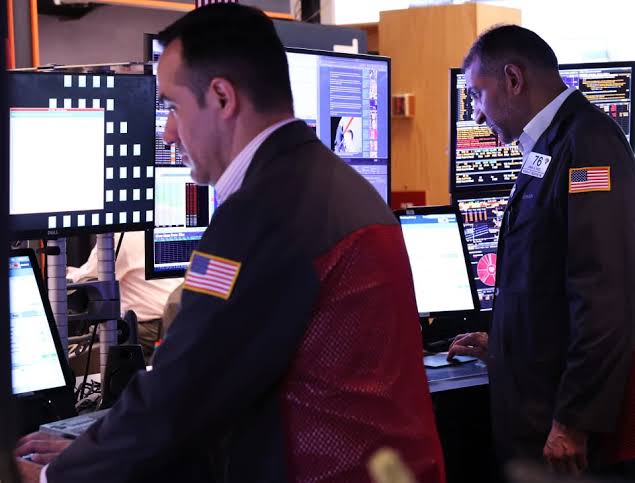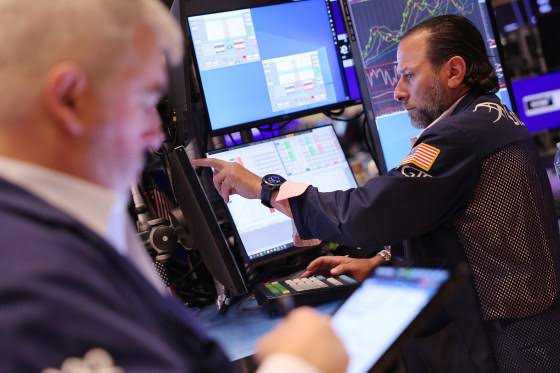U.S. stock futures plunged by 1,200 points on Monday, reflecting a significant downturn in the global stock market amid escalating recession fears in the U.S. This dramatic decline marks a severe sell-off, with financial markets around the world reacting negatively to growing concerns about an economic slowdown. The global stock market rout, triggered by a mix of economic uncertainties and geopolitical tensions, has led to a broad-based sell-off in equities.
In Asia, the Nikkei 225 index, which tracks the performance of Japan’s top companies, experienced its most significant drop since the infamous Black Monday crash of 1987. The Nikkei 225 plummeted by 12%, signaling a deepening crisis in global financial markets. This sharp decline highlights the extent of the market turmoil, as investors react to deteriorating economic conditions and heightened risks of a global recession.
The U.S. stock market futures followed suit, with a dramatic drop of 1,200 points, indicating severe investor anxiety. This sharp decline in futures suggests a tumultuous trading day ahead, as market participants brace for further volatility. The sell-off has been driven by multiple factors, including concerns about the U.S. economy slipping into recession, tightening monetary policy, and ongoing geopolitical uncertainties.

Historic declines: Dow futures drop 1,200 points amid escalating recession concerns.”
Global stock market rout intensifies with Dow futures facing a dramatic 1,200-point drop.
Recession fears have been particularly influential in spurring the market downturn. Economic indicators signaling potential slowdowns in growth have led investors to reassess their portfolios and seek safer assets. The prospect of a U.S. recession has triggered widespread selling in equities, with investors moving towards more conservative investments as a precaution against economic instability.
The global stock market rout is also influenced by geopolitical tensions, including trade disputes and international conflicts, which have contributed to investor unease. These factors have compounded existing worries about economic growth and market stability, leading to a broad-based decline in stock prices worldwide.
As the global financial markets continue to grapple with these challenges, U.S. stock futures remain under significant pressure. The current market conditions reflect a heightened level of uncertainty and volatility, as investors navigate the complex interplay of economic, political, and financial factors impacting the global economy.

As the market turmoil spreads, Dow futures take a significant hit. Stay updated on the latest financial news.
In summary, the sharp decline in U.S. stock futures and the global stock market sell-off underscore the growing concerns about a potential recession and the broader economic environment. With the Nikkei 225 experiencing its worst day since 1987 and U.S. futures dropping by 1,200 points, the financial markets are facing a period of heightened instability. Investors are closely watching economic indicators and geopolitical developments as they seek to navigate this turbulent period in global financial markets.